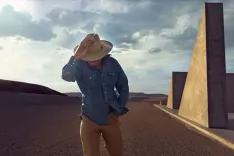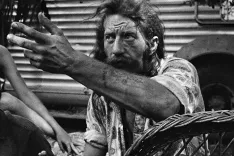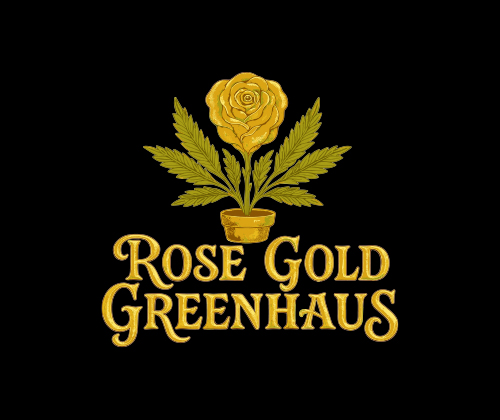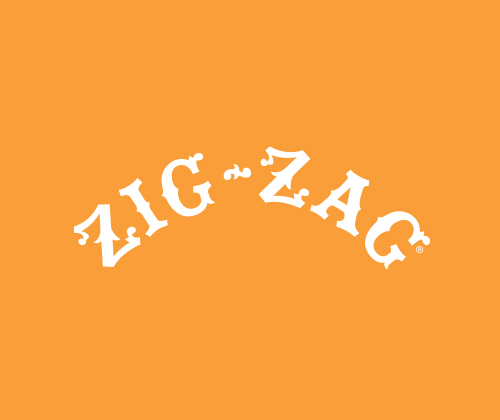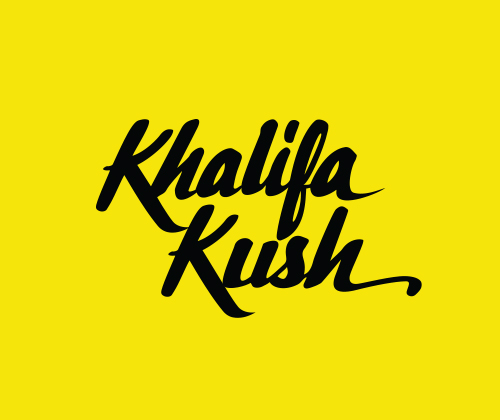The Rise of Indigenous Cannabis
How Tribal Nations are Blazing Their Own Cannabis Trail
Written By: ADAM TSCHORN

In North Carolina, a state where cannabis is very much against the law, a weed drive-through window–just down the road from Santa’s Land Fun Park & Zoo–operates 12 hours a day, seven days a week. In South Dakota, while legal weed has ping-ponged through the courts (and as of this moment is still illegal), you can score bud on the up and up in three places. And, in California, where the tax on weed is as famously high as Snoop Dogg at a Willie Nelson concert, you can score top-shelf bud legally and pay just a pittance in taxes–or nothing at all–and even light up and quaff a nice cold beer in the same consumption lounge.
These scenarios exist because of tribal sovereignty, which gives Native American tribes the right to govern themselves. That means what happens on reservation land when it comes to growing and selling cannabis is governed by the laws of the tribes–not the states.
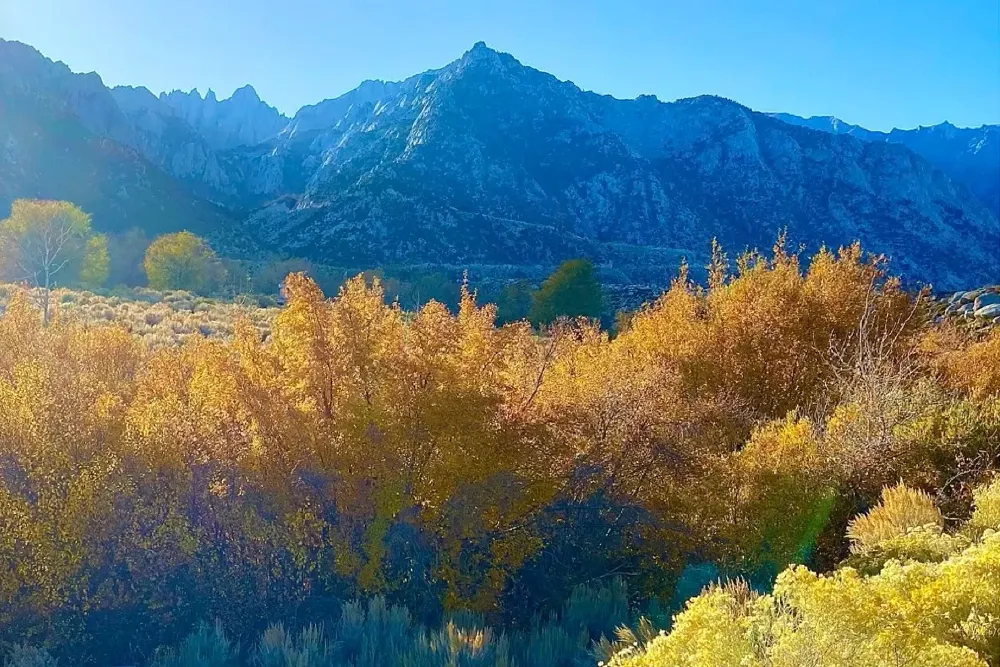
What that looks like for you, a pot shop patron, depends a lot on where in these United States you happen to be buying that bag of bud. In states like North Carolina and South Dakota, tribal-run dispensaries are the only option for the recreational herbal enthusiast. In places like Washington, Nevada, and Minnesota, where the states and tribes have established formal compacts—similar to the ones that cover gaming—things like contaminant testing requirements and tax rates will be the same whether you buy from a state-licensed shop or a tribal one. (The big difference is where that collected tax revenue goes, which, in the case of an Indigenous-run dispensary, is into tribal coffers, not state ones.)
In California, where no state-tribal compacts exist, things are all over the map—literally and figuratively. At on-reservation dispensaries located as far south as the Mexican border and as far north as Oroville (70 miles due north of Sacramento), tax rates at the 14 dispensaries run by a dozen tribes aren’t tethered to state levels by formal agreement.
TAXES: AS LOW AS ZERO
The result? Instead of paying close to 30% in assorted state and local taxes state-licensed shops, the bag you’ll snag at a Cali tribal shop tacks on anywhere from nothing at all in taxes (the case at the Yo’ Aura dispensary in Wheatland run by the Estom Yukema Maidu Tribe and adjacent to a Hard Rock Hotel & Casino) and the Oak Creek Dispensary in Independence (run by the Fort Independence Indian Community) to around 15% at desert dispensaries run by the Twenty-Nine Palms Band of Mission Indians.
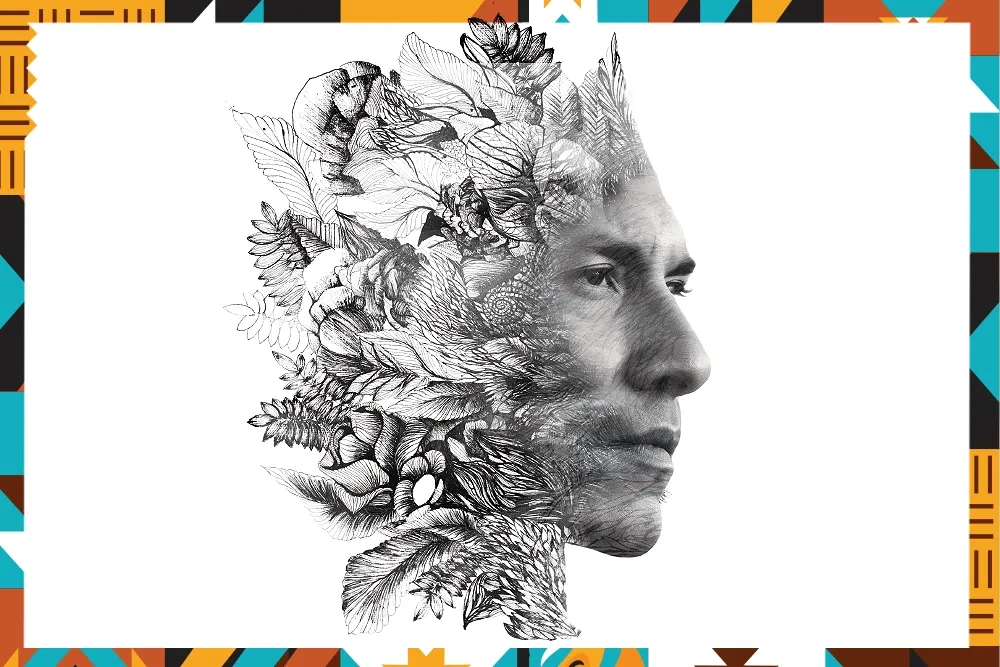
Likewise, each tribe makes its own decision on where those tax funds go. While none of the tribal representatives I spoke to would speak specifically about fund allocation, Benjamin Halley, founder and chief operating officer of Honest Cannabis Company, a Nevada company that works with six tribes in California and a dozen more across the country, said, “In general, tribes tend to direct cannabis tax funds to areas like education, health, or infrastructure improvements on-reservation.” (He also pointed out an interesting fact: that wherever they’re allocated, cannabis-derived funds are not blended with gaming-derived funds.)
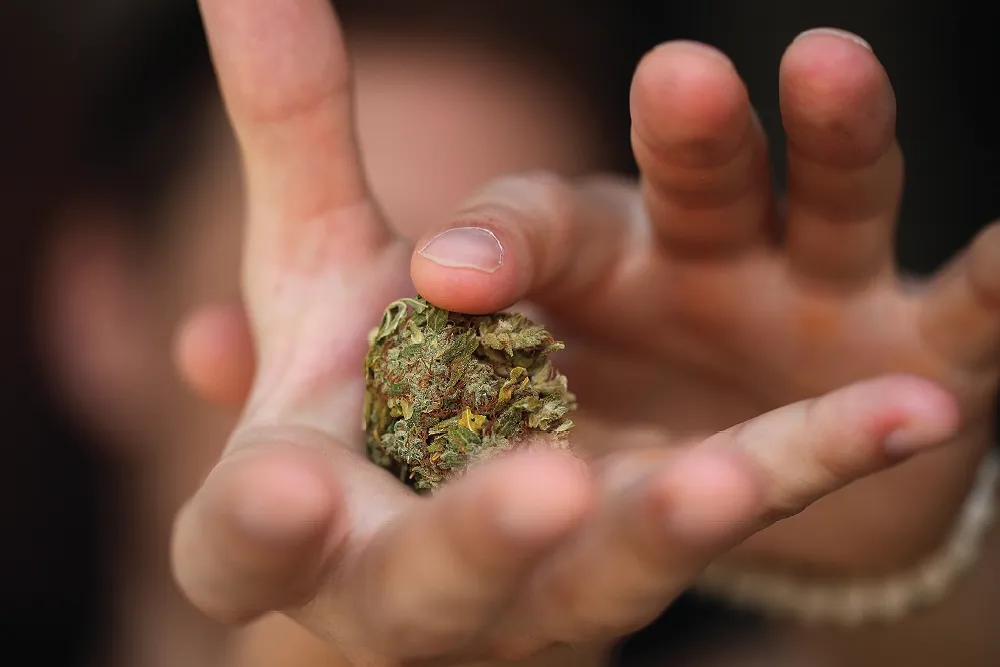
TESTING: NOT REQUIRED, BUT …
In addition, tribes in the Golden State that do not have a state license which is just about all of them as of this writing–that grow and sell cannabis exclusively on reservation land, are not required to test their wares to meet state regulations. Even so, the tribal cannabis concerns interviewed for this story (who together represent 60% of the state’s Indigenous-run pot shops), assured me that they voluntarily test to state levels.
Honest Cannabis Company’s Halley said that most tribes make regu- lations requiring state-compliant testing (or stricter) part of their tribal cannabis ordinances. “Our consistent advice is to demand state-level testing or better to ensure product safety,” he said, adding that any tribe working with his company “can provide a state-certified [certificate of analysis] from an independent lab for every product on the shelf.”
Halley pointed out that because the reputational stakes are higher–meaning that a small failure in cannabis can be amplified into a broader judgment of the tribe itself–tribal cannabis businesses operate hyper-cautiously, often aiming to “score above 100%,” when it comes to safety benchmarks.
Mark Malatesta, managing consultant for the Twenty-Nine Palms Band of Mission Indians’ Red Falcon cannabis business, said that in addition to following state testing guidelines, the cannabis products grown and manufactured at the tribe’s 50,000-square-foot Coachella Valley facility voluntarily use the same seed- to-sale tracking protocol state-licensed shops have to use by law.

“We’re on METRC,” he said, referring to the state-required technology mandated to track and trace cannabis. “We’re the only tribe in the country that’s on [it.]”
“The commitment [tribal] Chairman [Darrell] Mike made was to do this by the book and do it right,” Malatesta said. “So we were working with the state and federal governments even before we put shovels in the ground.”
DRIVE-THROUGH WINDOWS AND CONSUMPTION-LOUNGE BEER
Sovereignty shapes the tribal cannabis experience in other very visible ways too. Even though drive-through cannabis dispensaries are generally banned under California state law (there are a few grandfathered exceptions), Oak Creek Dispensary proudly hypes one that you can swing by just off Route 395 en route to Mammoth Mountain, due to their location on land that’s part of the reservation belonging to the Fort Independence tribe of Paiute Indians.
(This also explains how it’s possible to legally buy herb through a drive-up window in weed-illegal North Carolina; it’s on the sovereign land of the Eastern Band of Cherokee. The wrinkle there, as the Great Smoky Mountain Cannabis Company’s website makes clear in big, bold red letters, is that after leaving tribal land “individuals are subject to state laws, including those regarding cannabis.”)
And, while California regulations prohibit the sale of cannabis products and alcoholic beverages in the same place, there is at least one public place in the Golden State where it’s possible to sip on brewed-onsite beer and puff on a pre-roll at the same time—without running afoul of any law at all—the Red Falcon Lounge in Coachella, which opened earlier this year.
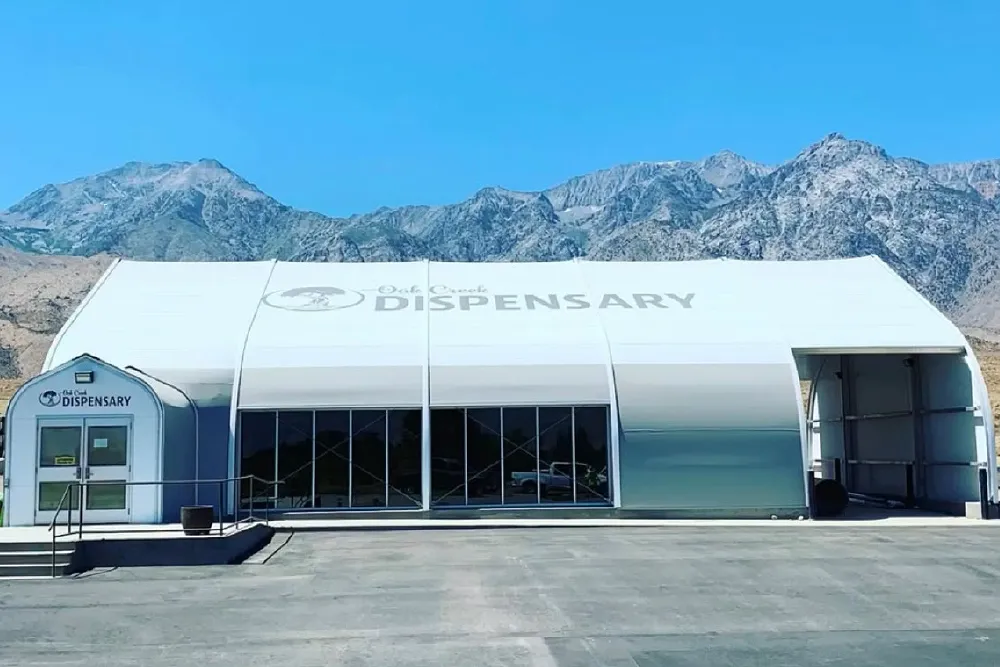
What Red Falcon is building in the desert three hours east of Los Angeles has the potential to shape and unify the state’s tribal cannabis market. That’s because the aim isn’t just to open dispensaries on the Twenty-Nine Palms Band of Mission Indians’ land (there are currently three–one in Coachella, one in Twentynine Palms and one in Yucca Valley all supplied by a 50,000-square-foot cultivation and manufacturing facility) but other tribes’ land as well.
“It would be like Red Falcon franchises on other reservations,” Malatesta said, adding that there could be as many as 25 such dispensaries across the state within five years. In anticipation of that increased tribal collaboration that kind of growth plan would require, Malatesta said an independent Tribal Cannabis Commission has been created to set and oversee things like compliance with testing and taxes.
MIRRORING A NATIONWIDE TREND
Both the rising profile of Native American-owned cannabis businesses and the prospect of inter-tribal collaboration in the state reflect what’s happening nationwide. Earlier this year, the Indigenous Cannabis Industry Association (ICIA; IndigenousCannabis.org) partnered with law firm Vicente LLP to publish a first-of-its-kind coast-to-coast snapshot of the tribal weed scene (it revealed that more than a quarter of the country’s 358 federally recognized tribes were involved in the cannabis or hemp business). That was followed by the announcement that this December, for the first time, MJBizCon, the largest business-to-business cannabis industry event in the country that convenes annually in Las Vegas, is partnering with the ICIA to create a dedicated space on the show floor called the Indigenous Cannabis Village.
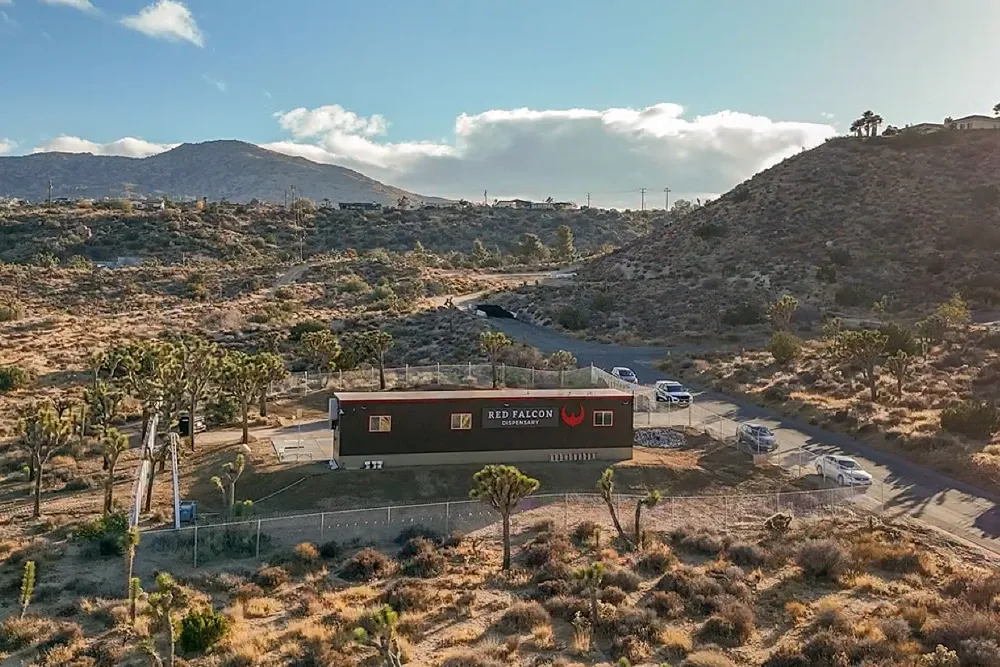
“It was really time for us to level up and showcase the strength of Indigenous nations in the industry,” ICIA founder Rob Pero said about the timing of the event. “And I think it also opens people’s eyes to what is really happening across the country with sovereignty and tribes deciding to take the bull by the horns and do what’s best for their communities.”
“This lets tribes know what other tribes are doing and what their playbooks are. The collaborative nature of what’s happening right now in plant medicine hasn’t been seen in
a long time,” he said. “Gaming has made the tribes very competitive with each other, and this is a different thing; this is about health and wellness along with economic and workforce opportunities.”
Map detailing Indigenous cannabis and hemp programs: IndigenousCannabis.org/tribal-cannabis-map
Adam Tschorn is an award-winning storyteller and former LA Times senior features writer with an MA in journalism from Northeastern. He’s covered fashion, pop culture, cannabis, quirky LA life, and wildlife, hosted video series, and created the paper’s news quiz—all with humor and insight.
Where the Grass is Greener
Interested in checking out one of California’s 14 tribal-run dispensaries? Well, you’re in luck. That’s because Hiii magazine has searched high and low (OK, mostly high) to compile what is the most comprehensive and detailed list you’ll find anywhere.
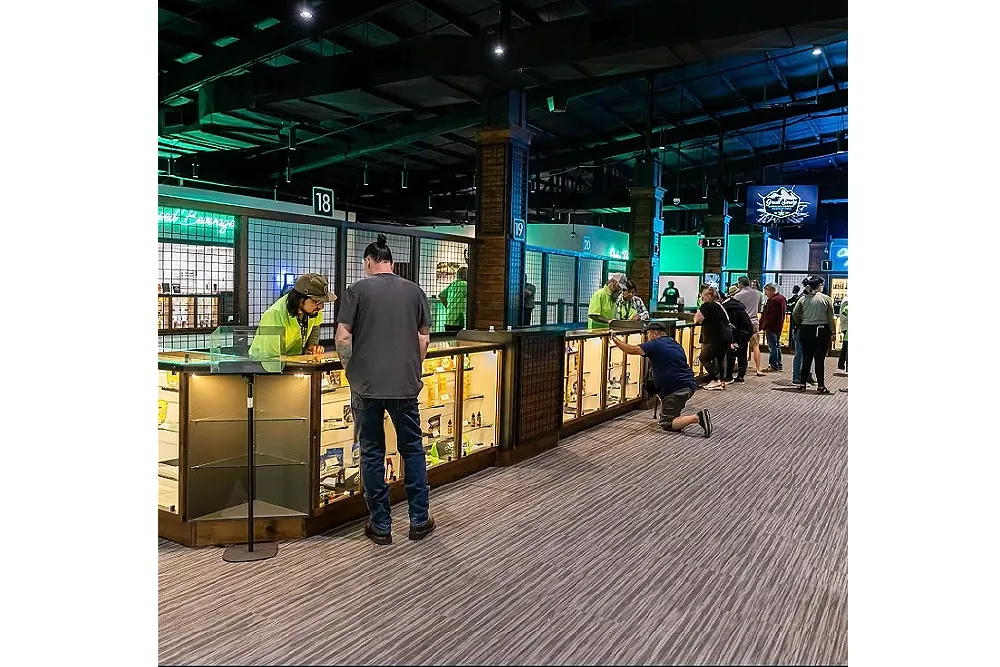
DVJ Fine Cannabis
Route 190, Mile Post Marker 140.5 Death Valley Junction, CA 92328
Tribe: Timbisha Shoshone
Hu Ki Ku
16960 Chicken Ranch Road Jamestown, CA 95327
Tribe: Chicken Ranch Rancheria of Me-Wuk Indians
La Posta
777 Crestwood Road Boulevard, CA 91905
Tribe: La Posta Band of Mission Indians
Mission Grown Medicinals
2752-A Mission Rancheria Road Lakeport, CA 95453
Tribe: Big Valley Band of Pomo Indians
Mountain Medicine
8 Alverda Drive Oroville, CA 95966
Tribe: Mooretown Rancheria of Maidu Indians
Mountain Source Dispensary
25575 CA-79 Santa Ysabel, CA 92070
Tribe: Iipay Nation of Santa Ysabel
Oak Creek Dispensary
139 US-395 Independence, CA 93526
Tribe: Fort Independence Indian Community
Pure Green OG
1600 Camino San Ignacio Warner Springs, CA 92086
Tribe: Los Coyotes Band of Cahuilla & Cupeño Indians
Red Falcon
46419 Dillon Road Coachella, CA 92236 (This location also has a consumption lounge)
73829 Baseline Road, Building B Twentynine Palms, CA 92277
54929 29 Palms Highway Yucca Valley, CA 92284
Tribe: Twenty-Nine Palms Band of Mission Indians
Three Sisters Collective
4200 Seven Sisters Path Colusa, CA 95932
Tribe: Cachil Dehe Band of Wintun Indians of Colusa Rancheria
Tribal Nation Flower Company
31793 CA-41 Coarsegold, CA 93614
Tribe: Picayune Rancheria of the Chukchansi Indians
Yo’ Aura
3277 Forty Mile Road Wheatland, CA 95692
Tribe: Estom Yumeka Maidu Tribe






